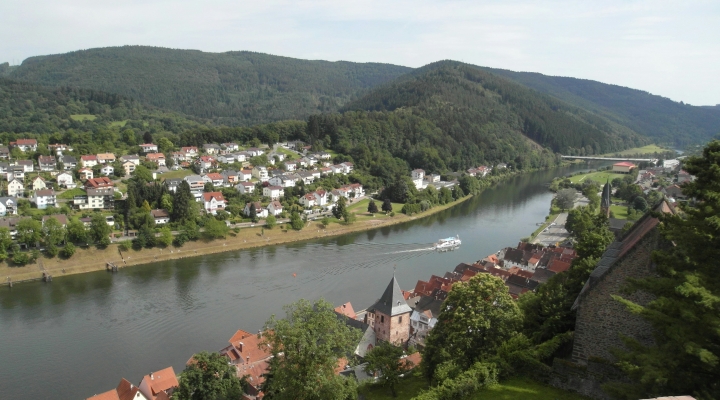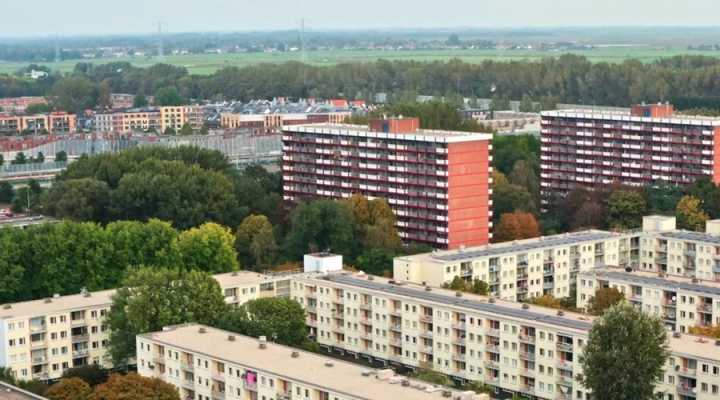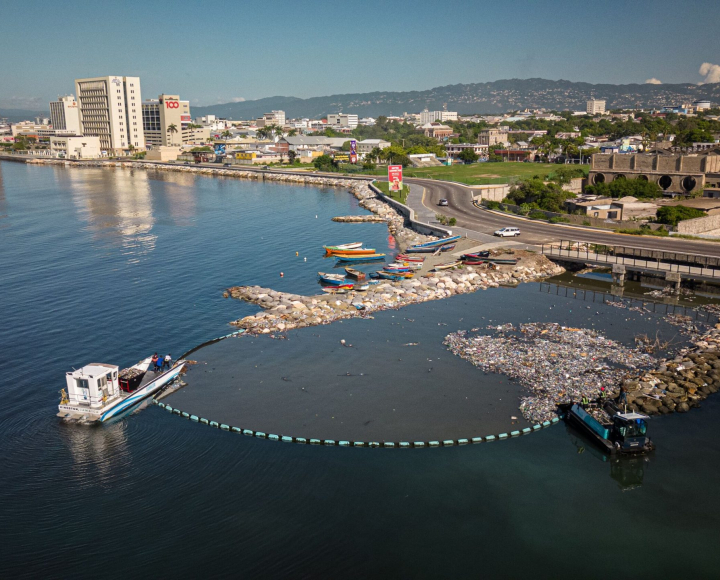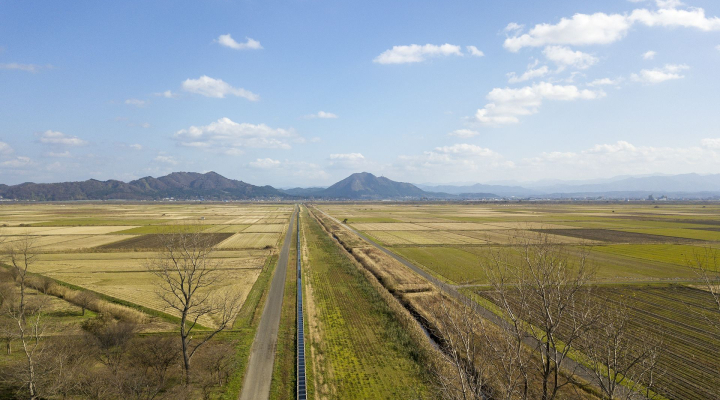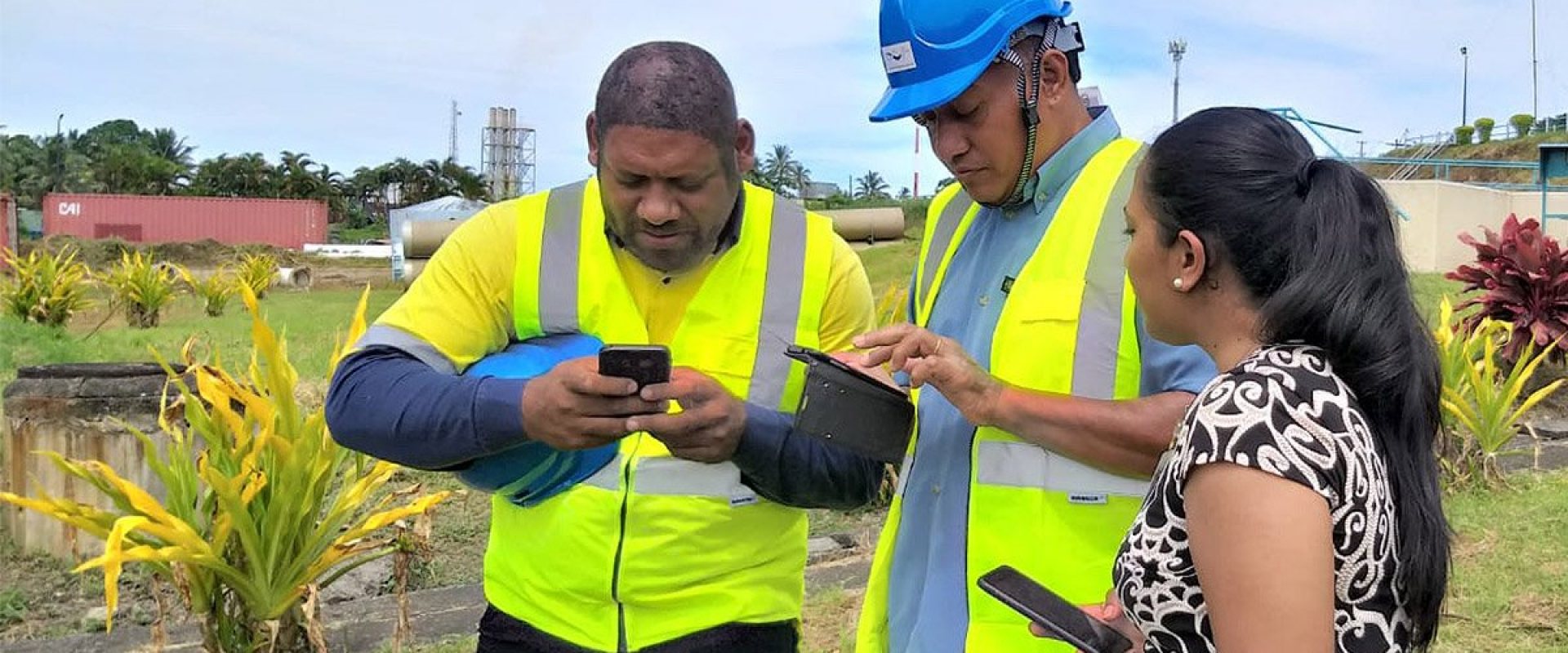
Akvo tracks progress towards SDG 6 water in Fiji
Together with UNICEF Pacific and the World Health Organisation (WHO), software developer Akvo is supporting the government of Fiji to streamline their data processes. This to ensure that targeted programmes and policies for the areas that need support are set up so the country can achieve SDG 6.
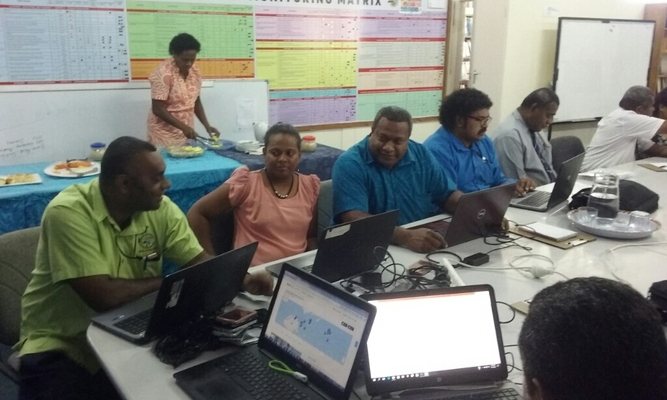

Data gaps
Recent workshops have revealed data gaps in monitoring the nation’s progress on providing clean and sustainable water and sanitation.
Various ministries and non-governmental organisations holding relevant data have agreed to share their information, enabling Akvo to create a dashboard providing a real time overview of the WASH system.
National priorities
The government of Fiji is embracing the sustainable development goals, particularly SDG 6: clean water and sanitation for all. However, progress is hard to track as the SDG indicators need first of all to be aligned and embedded within Fiji´s national priorities.
The next challenge for the Fiji government is to gain an overview of the relevant data. While different ministries and NGOs hold data for different indicators, there has been little sharing between them and no centralised place to bring it all together.
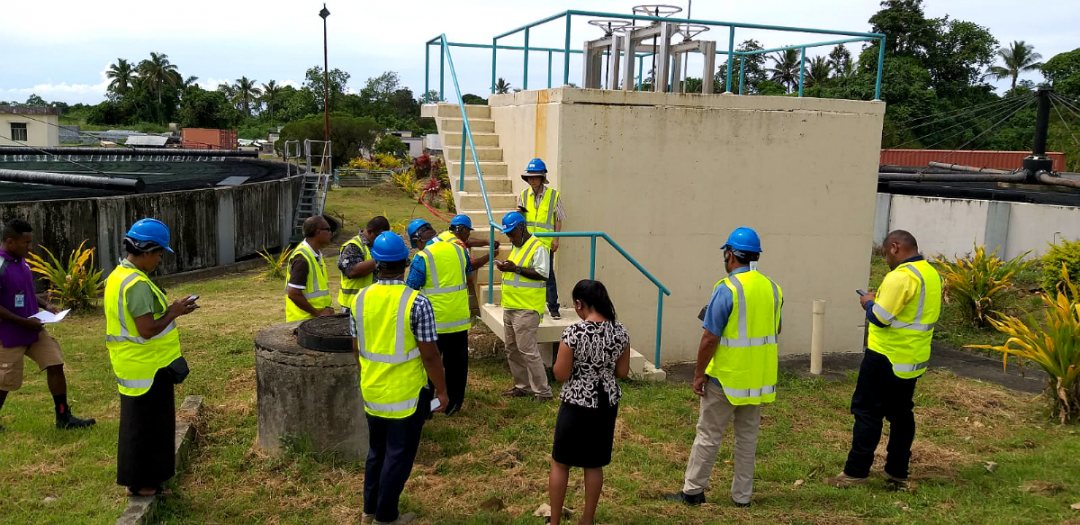
National indicators
To reduce duplication and ensure that the SDGs are aligned with the national priorities, Fiji’s WASH cluster has focused on creating national WASH indicators which are embedded within the local context.
Alongside WHO and UNICEF Pacific, Akvo has been supporting the relevant ministries in mapping out the various data sources needed to measure and monitor SDG 6. It also assisted in digitising the data collection process, visualising the progress towards SDG 6, and performing a data gap analysis.
Design of surveys
Together, the partners have facilitated a series of workshops aimed at building capacities within the WASH cluster to design surveys, use Akvo’s data platform, finalise the national indicator definitions, and create a dashboard providing a real time overview of the WASH system.
Following the workshops and research, the government of Fiji was able to use the data gap analysis to feed into plans for data collection and close the SDG indicator gaps.
Standardised data formats
The government is in the midst of finalising a memorandum of association, which will allow ministries to share data freely. According to Akvo this is an essential step to reduce duplicate data and fostering open collaboration between the ministries.
By introduction of standardised questions and data formats, Akvo expects to be able to merge datasets from different sources much easier, allowing the government to track specific indicators.




